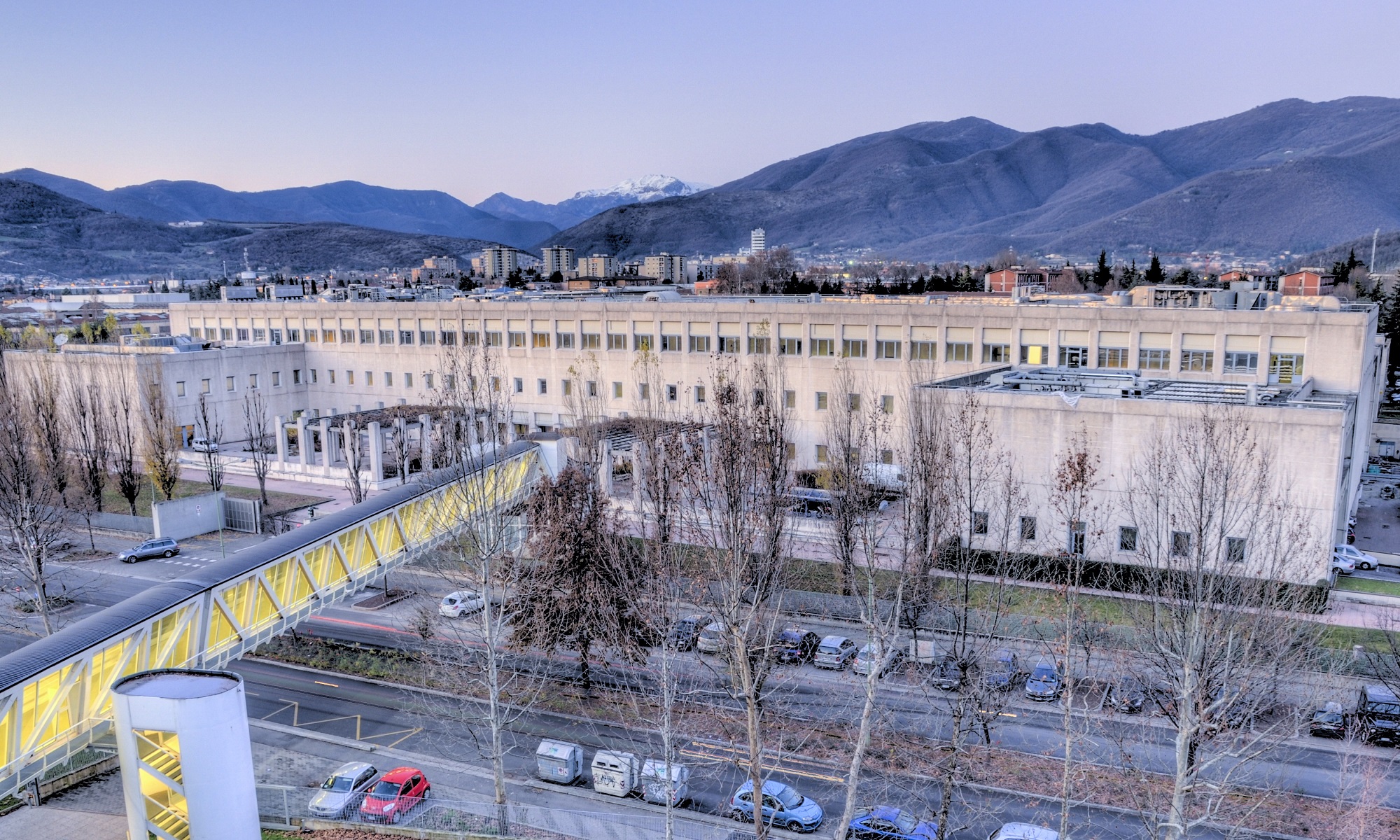This is my long-term research project. One that tries to uncover the ties between the law and a more sustainable future through the lenses of a notion that is becoming widely used these days – transition. There is a transition that involves energy and the environment with profound implications, but there are many other concurrent transitions that impact our societies at several levels. That is why the title of this research agenda has changed, using plural (transitions) instead of singular (transition).
Revolutionizing the way we produce energy and exploit natural resources does have consequences in the way we live and entails changes in the economic and legal structures of our society. But the kind of transition that we are facing is also the result of necessary changes in the market and in the legal order. Interactions in transitions can be very complex.
From the standpoint of social sciences and with the eye of a legal scholar, I am observing the transitions and trying to figure out how the law can be instrumental to achieve the results of a more sustainable set of conditions for any society to survive and prosper.
There are some basic questions that must be addressed in a legal discourse on transitions. First, how do we define a transition as opposed to a more ‘normal’ change. After all, law has been always affected by changes in societies. Comparative law scholars have written extensively on legal change and some dared to conclude that comparative law itself is the science of legal change. Yet, a transition might be more than just an occasion of change.
Is a transition also a revolution, as Kuhn would feature a disruptive change in science? Are transition and revolution synonims?
One of the intellectual venues where we expect to discuss transition and sustainable development is the newly created Ph.D. Program on Energy Transition and Sustainable Production Systems, at the University of Brescia, Department of Industrial and Mechanical Engineering.
Stay tuned!

